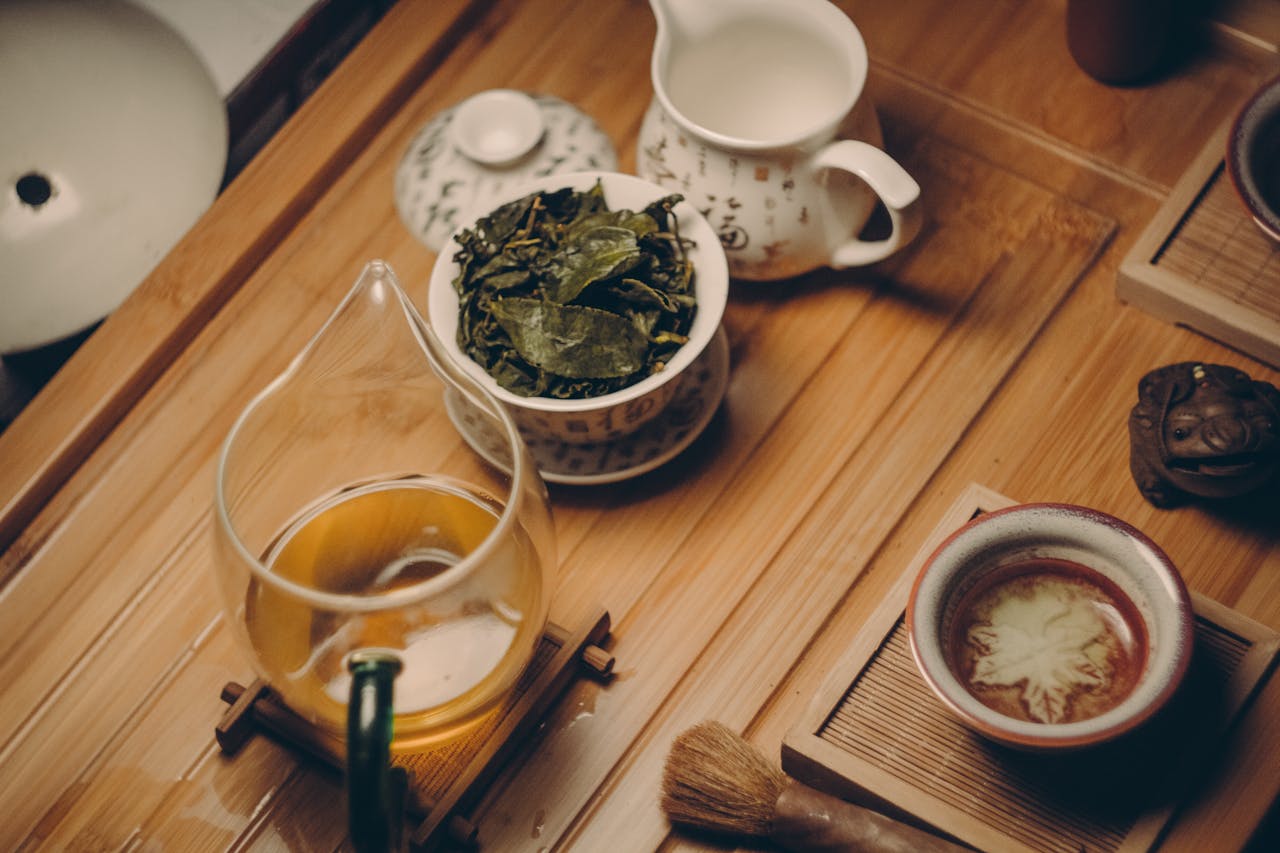Your kidneys are vital organs responsible for filtering waste, balancing electrolytes, and regulating blood pressure. When kidney function declines, it can lead to chronic kidney disease (CKD) and, in severe cases, kidney failure requiring dialysis. Fortunately, several natural strategies can help improve kidney function and delay or prevent the need for dialysis.
In this comprehensive guide, we’ll explore evidence-backed lifestyle, dietary, and herbal approaches to support kidney health, along with key warning signs that indicate when medical intervention is necessary.
Understanding Kidney Function and Risks of Dialysis
The kidneys filter about 200 quarts of blood daily, removing toxins and excess fluids while balancing essential minerals like sodium, potassium, and phosphorus 1. When kidneys fail, dialysis—a medical procedure that artificially filters blood—becomes necessary. However, dialysis is not a cure and comes with significant lifestyle limitations and health risks 3.
Key Causes of Kidney Dysfunction Leading to Dialysis
-
Diabetes & High Blood Pressure – The leading causes of CKD 6.
-
Chronic Inflammation & Oxidative Stress – Damages kidney tissues over time 10.
-
Poor Diet (High Sodium, Processed Foods) – Strains kidney filtration 17.
-
Dehydration & Kidney Stones – Can cause acute damage if untreated 5.
-
Overuse of NSAIDs (e.g., Ibuprofen) – Can impair kidney function 3.
Early intervention through natural methods can slow CKD progression and help avoid dialysis.
10 Natural Ways to Improve Kidney Function
1. Stay Hydrated (But Not Overhydrated)
-
Drinking 1.5–2 liters of water daily helps flush toxins and prevent kidney stones 15.
-
Lemon water (with citrate) may reduce kidney stone risk 5.
-
Caution: Advanced CKD patients may need fluid restrictions—consult a doctor 9.
2. Follow a Kidney-Friendly Diet
-
Reduce Sodium – Aim for <2,300 mg/day to lower blood pressure 6.
-
Limit High-Potassium Foods (bananas, potatoes, tomatoes) if kidneys are impaired 1.
-
Choose Plant-Based Proteins (beans, tofu) over excessive animal protein 11.
-
Eat Antioxidant-Rich Foods – Blueberries, apples, and cranberries reduce inflammation 45.
3. Control Blood Sugar & Blood Pressure
-
Diabetes management (A1C monitoring) prevents kidney damage 7.
-
Blood pressure below 140/90 mmHg reduces kidney strain 6.
-
Medications like ACE inhibitors (if prescribed) protect kidneys 10.
4. Exercise Regularly
-
30 minutes of activity daily (walking, cycling) improves circulation and metabolic health 37.
5. Avoid Harmful Substances
-
Quit Smoking – Damages blood vessels, reducing kidney blood flow 1.
-
Limit Alcohol – Excessive intake raises blood pressure 6.
-
Reduce NSAID Use – Painkillers like ibuprofen can harm kidneys 3.
6. Try Herbal Support (With Caution)
-
Turmeric & Ginger – Anti-inflammatory effects may benefit kidneys 10.
-
Cranberry Juice – May prevent UTIs (but avoid if prone to kidney stones) 5.
-
Avoid Risky Herbs – Licorice root, nettle, and creatine supplements can worsen kidney function 211.
7. Manage Stress & Sleep Well
-
Chronic stress raises cortisol, worsening blood pressure 6.
-
7–8 hours of sleep supports kidney repair and detox 6.
8. Monitor Kidney Function Tests
-
GFR (Glomerular Filtration Rate) – Measures filtering efficiency.
-
Creatinine Levels – High levels indicate poor kidney function 11.
-
Urine Albumin Test – Detects early kidney damage 6.
9. Use Natural Diuretics Wisely
-
Dandelion tea & parsley may support fluid balance but can be harmful in CKD—consult a doctor 29.
10. Consider Omega-3 & Vitamin B6 Supplements
-
Omega-3s reduce inflammation linked to CKD 5.
-
Vitamin B6 deficiency is common in CKD patients—supplements may help 5.
When to See a Doctor
While natural methods help, medical supervision is crucial if you experience: ✔ Swelling in legs/ankles (fluid retention) ✔ Fatigue, nausea, or confusion (toxin buildup) ✔ Changes in urine (foamy, dark, or bloody urine) 1 ✔ High blood pressure or diabetes complications
Early detection and treatment can slow CKD progression and prevent dialysis 7.
Final Thoughts
Improving kidney function naturally requires a holistic approach—hydration, diet, exercise, and avoiding toxins. While no single "superfood" can reverse kidney damage, consistent lifestyle changes can delay or prevent dialysis in many cases 11.
Key Takeaway: Work with a nephrologist or dietitian to tailor a plan based on your kidney health stage. Small, sustainable changes today can protect your kidneys for years to come.
Medical Disclaimer:
The information provided is for educational purposes only and does not replace professional medical advice. Always consult a healthcare provider before making changes to your diet, supplements, or treatment plan, especially if you have kidney disease or other health conditions.


